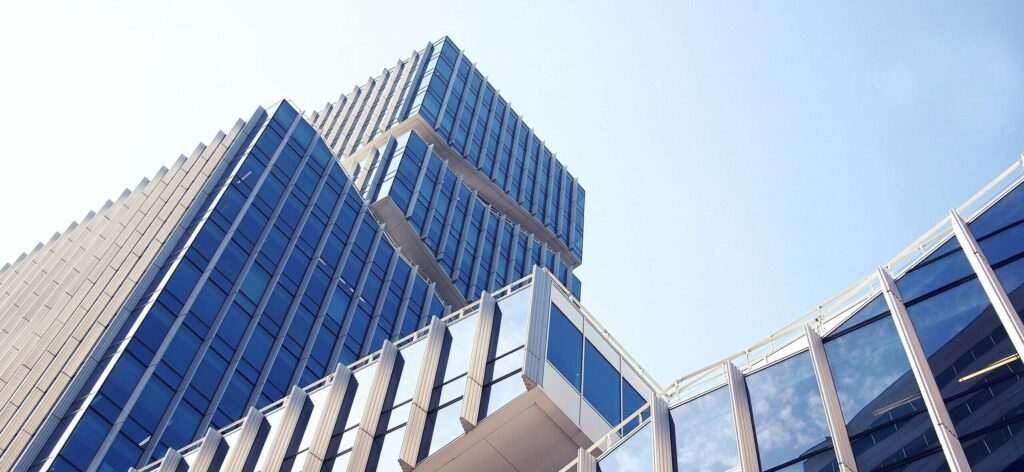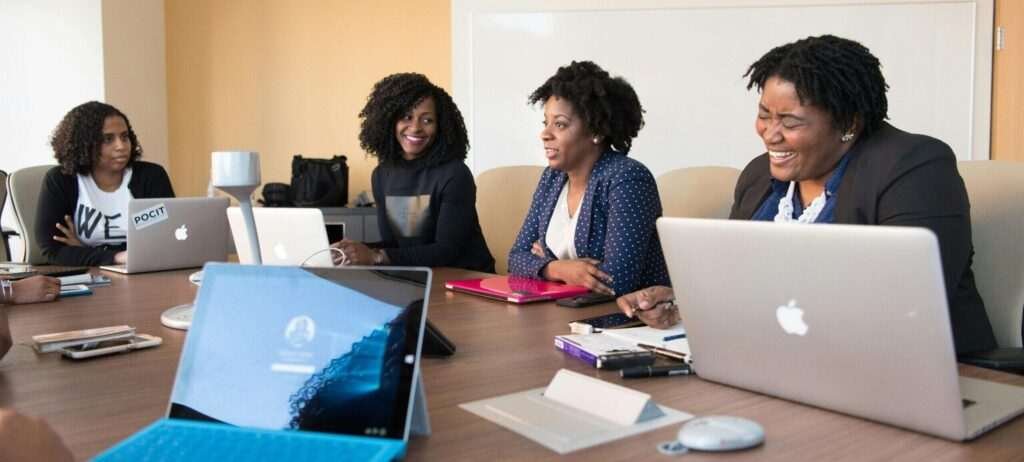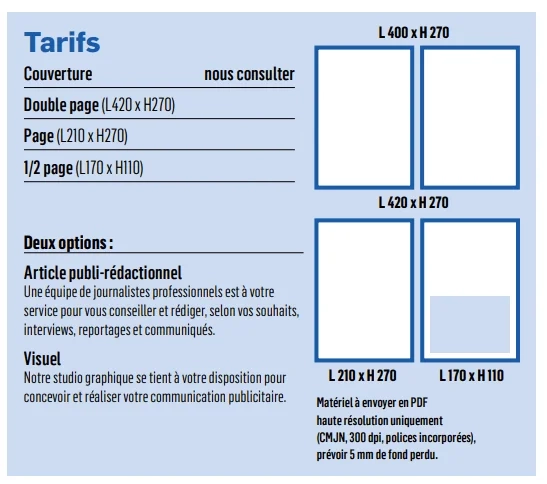Space not available
The file format is not recognized
Reserve this advertising space
Post an ad : banner or video
press release, interview, sponsorship
Choose this advertising space
and click here to transmit
an announcement file
Your ad in pop-up format
Choose this advertising space
and click here to transmit
an announcement file
a file
or
Transmit here
a file
– Education, the key to development
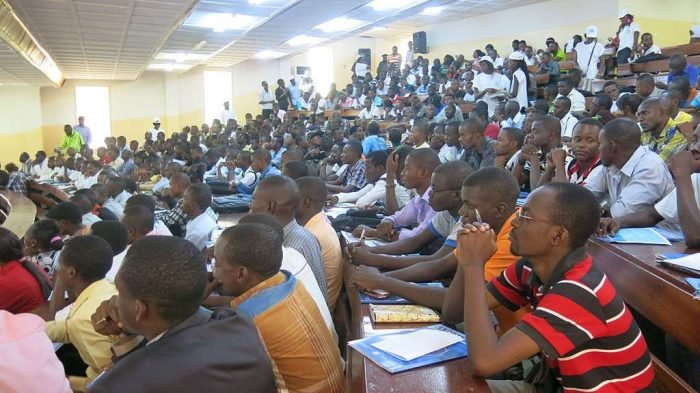
The Democratic Republic of Congo has made significant progress in the education sector. Public funding for education has increased significantly, with the Treasury allocating USD 1.2 billion for education in 2021.
Space not available
The file format is not recognized
Reserve this advertising space
Post an ad : banner or video
press release, interview, sponsorship
Choose this advertising space
and click here to transmit
an announcement file
Your ad in pop-up format
Choose this advertising space
and click here to transmit
an announcement file
a file
or
Transmit here
a file
The Equity and Strengthening of the Education System Project (PERSE), financed by the World Bank, supports the implementation of the Sector Strategy and, in this sense, supports the sustainable implementation of free primary education in the DRC. The main objective of the project is to alleviate the burden of school fees on households through direct budget support as a contribution to teacher remuneration and the operation of primary schools, improve access to primary education and strengthen fundamental education systems at the national level. The total cost of the project is USD 800 million, of which USD 700 million will be disbursed in the form of direct budget support to the Public Treasury and USD 100 million will finance activities to strengthen the education system aimed at sustainably establishing free, quality and accessible primary education for all children in the DRC. This project was launched in 2021 by President Félix Tshisekedi. In one year, 3.6 million more students were enrolled in primary schools.
The primary school completion rate has thus increased considerably. However, it remains one of the countries with a large number of out-of-school children. The eradication of illiteracy throughout the national territory and the formulation of the 2030 Agenda for Sustainable Development are the terms used in the various resolutions aimed at ensuring inclusive and equitable quality education and promoting learning for all.
The DRC has developed its education sector plan for the period 2016–2025, focusing on expanding access and equity, improving the quality of learning, and enhancing governance and management in the sector. The three strategic objectives of this plan are:
– Promote an equitable education system for growth and employment by enabling all children to benefit from free primary education, combined with specific measures for disadvantaged populations and children with special needs;
– Develop an educational environment conducive to quality learning, through the provision of learning materials and equipment for students and training for teachers.
– Improve the transparency and efficiency of governance and management of the sector by establishing transparent standards and mechanisms for resource management that promote effective and equitable management at all levels, through better organization of partnerships, decentralization, deconcentration and participation of the community and civil society.
Space not available
The file format is not recognized
Reserve this advertising space
Post an ad : banner or video
press release, interview, sponsorship
Choose this advertising space
and click here to transmit
an announcement file
Your ad in pop-up format
Choose this advertising space
and click here to transmit
an announcement file
a file
or
Transmit here
a file
According to UNICEF, approximately 4 million children between the ages of 6 and 11 are still out of school. This represents approximately 211,000 out of the total number of children in this age group who should be attending school. Supported by $100 million in funding from the Global Partnership for Education (GPE), the DRC has taken steps to ensure that more children are better prepared for primary school.
Due to population growth, the number of children in school will continue to grow. By 2030, it will be approximately 19.7 million (SSEF 2016-2025). The implementation of the free education policy faces numerous challenges, including the substantial increase in school enrollment and the need for additional classes, the lack of school equipment and teaching materials, and the recruitment, training, and remuneration of teachers.
While access to education is guaranteed by the state, when it comes to vocational training, young people who have dropped out of school do not always have a second chance: entire territories are poorly provided with training centers, despite the state's efforts. Paradoxically, thanks to the help of NGOs and foreign partners, young people living in troubled areas sometimes have greater access to these training programs. After launching its first class in Kinshasa, UNICEF and the Goma Digital Academy launched a digital academy focused on professional integration in the North Kivu province to allow young people in Goma to benefit from free training in web and mobile development with the goal of professional integration at the end of their studies.
The government has signed a partnership with employer associations to involve the world of work in training, notably by offering internships to learners and involving professionals in training, assessment, and certification. Regular assessment of learners will address the limitations of previous sub-sector agreements and address gaps in collaboration.
Space not available
The file format is not recognized
Reserve this advertising space
Post an ad : banner or video
press release, interview, sponsorship
Choose this advertising space
and click here to transmit
an announcement file
Your ad in pop-up format
Choose this advertising space
and click here to transmit
an announcement file
a file
or
Transmit here
a file








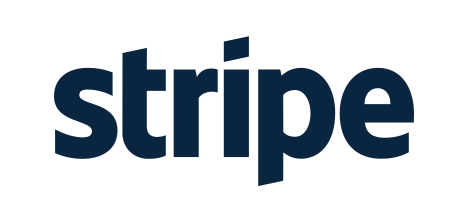







 A Seat That Transforms into a Bed
A Seat That Transforms into a Bed  In the world of air travel, economy class is often considered the most affordable option. However, at Air Afrika, we believe that affordability shouldn't mean compromising on quality of service. Our class
In the world of air travel, economy class is often considered the most affordable option. However, at Air Afrika, we believe that affordability shouldn't mean compromising on quality of service. Our class



